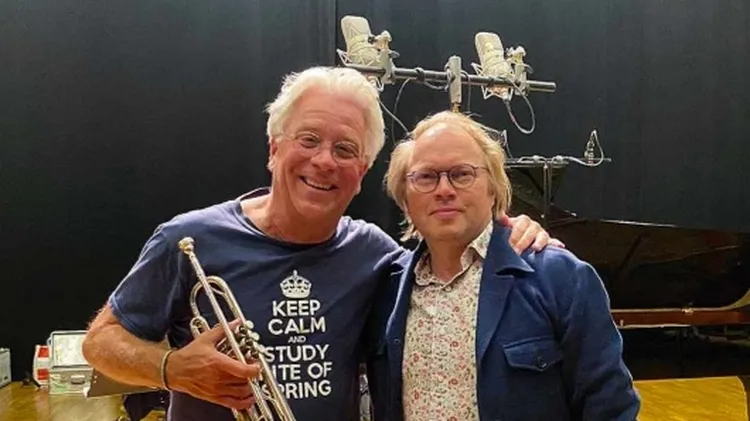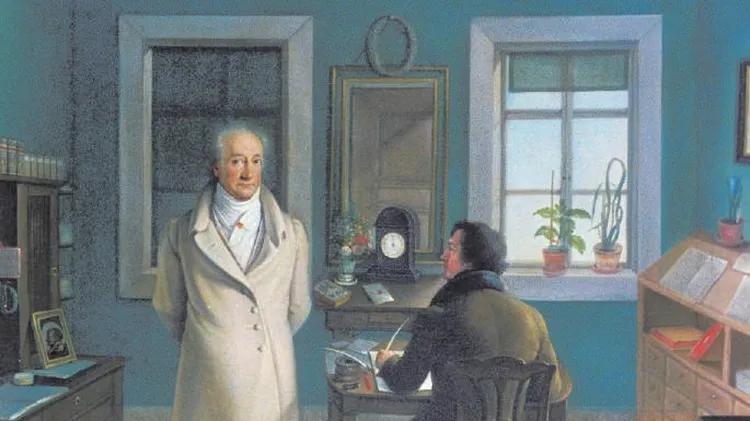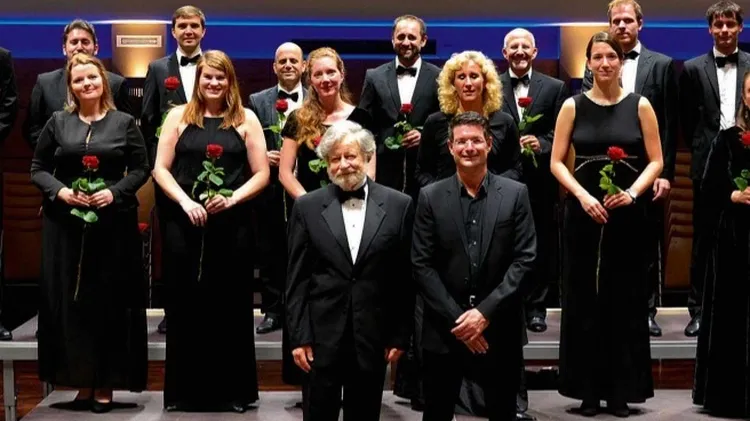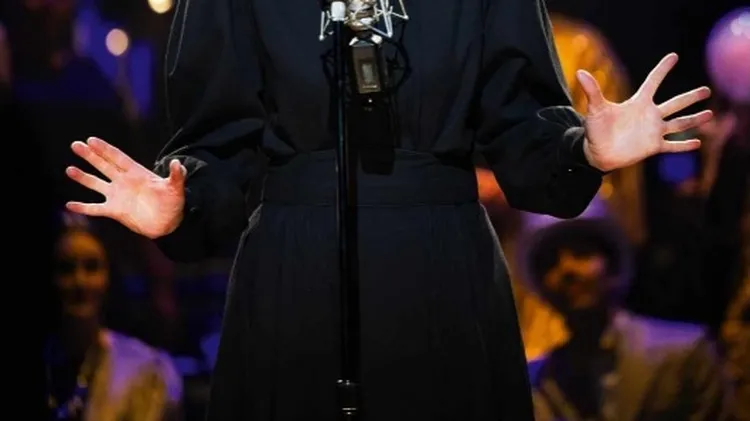Johann Nepomuk Maelzel invented weird and wonderful devices, but none were more s
Marking time
6 min read
This article is from...
Read this article and 8000+ more magazines and newspapers on Readly






